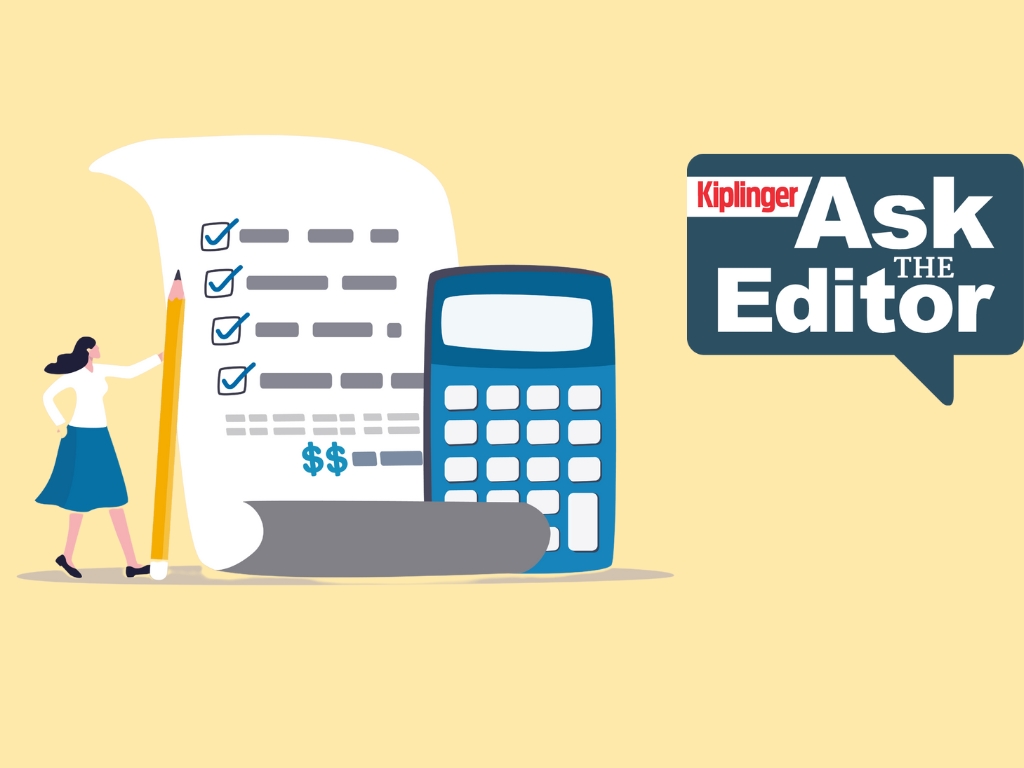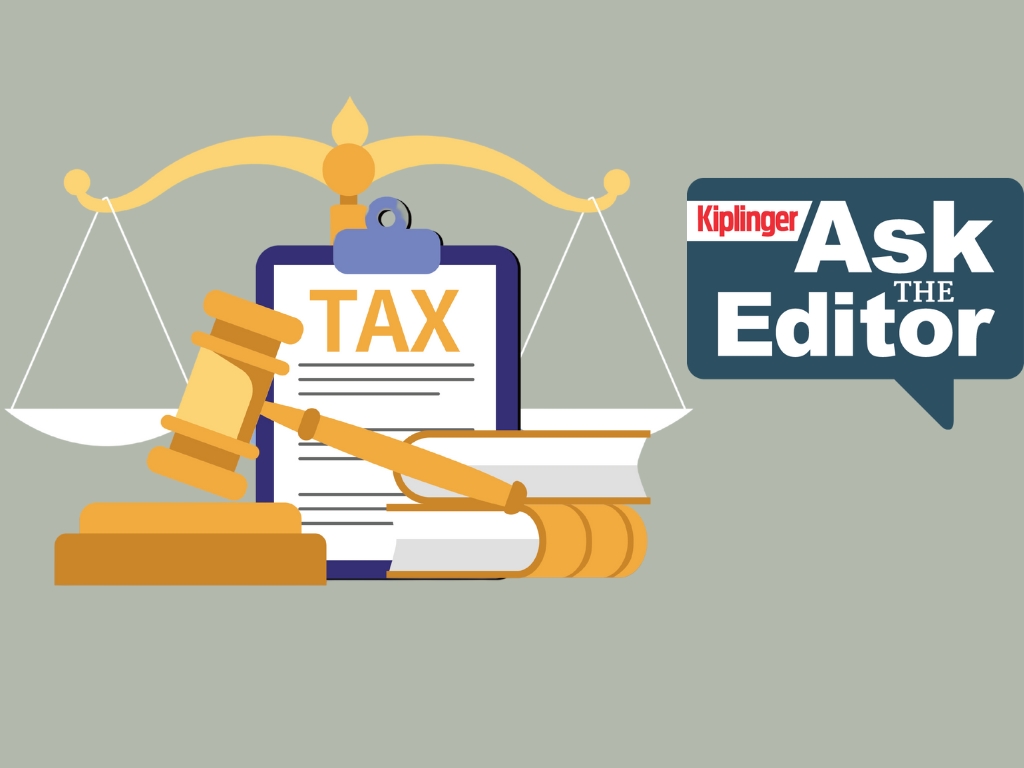IRS Waives Penalties for Many Taxpayers Surprised by Under-Withholding
The underpayment penalty won’t apply if you paid at least 80% of your 2018 tax bill through withholding or estimated tax payments. Normally, 90% must be paid for the waiver.

Many Americans are worried about getting smaller refunds this year…but it could be worse. If the income tax withheld from your paychecks last year was way less than it should have been, or your estimated tax payments for 2018 were far too low, you could be hit with an underpayment penalty in addition to owing the IRS money for taxes due. Ouch!
Fortunately, the IRS is providing some additional penalty relief this year. Typically, you avoid the underpayment penalty if, through withholding or estimated payments, you prepay at least:
- 90% of your tax bill for the tax year, or
- 100% of what you owed for the previous tax year (110% if your AGI for the previous year was more than $150,000).
For the 2018 tax year—and only the 2018 tax year—the 90% threshold is reduced to 80%. (It was originally reduced to 85%, but then lowered again to 80%.) So, you won’t be hit with the underpayment penalty this filing season if your 2018 withholding or estimated taxes equaled at least (1) 80% of your 2018 tax, or (2) 100% of your 2017 tax (110% if your 2017 AGI was more than $150,000).

Sign up for Kiplinger’s Free E-Newsletters
Profit and prosper with the best of expert advice on investing, taxes, retirement, personal finance and more - straight to your e-mail.
Profit and prosper with the best of expert advice - straight to your e-mail.
This slight change will help many taxpayers who didn’t adjust their 2018 withholding or estimated payments to reflect (or properly reflect) sweeping tax law changes made by the Tax Cuts and Jobs Act or the updated 2018 withholding tables. (Revisions to the withholding tables were also designed to bring taxpayers’ withholding closer to their actual tax liability.) Not everyone will be able to dodge the penalty because of this one-time adjustment, but even modest penalty relief is better than nothing.
Requesting the Penalty Waiver
To claim the 80% waiver, you must complete IRS Form 2210 and file page 1 of the form with your 2018 tax return. The form can be filed with a return filed electronically or on paper. You’ll need to complete Part I of the form and the worksheet included in the form instructions to determine whether the waiver applies. If it does, check the waiver box (Part II, Box A) and write “80% Waiver” next to Box A.
If you already filed your 2018 tax return and paid the underpayment penalty, you can request a refund of the penalty by filing Form 843. Include "80% Waiver of estimated tax penalty" on line 7. Form 843 cannot be filed electronically.
Paying the Penalty
If you still don’t qualify for a waiver, you can either use Form 2210 to figure the penalty amount or have the IRS calculate the penalty and send you a bill. If you want the IRS to figure the penalty for you, complete your 1040 as usual and leave the penalty line (Line 23) on your return blank. If you file your return by April 15, no interest will be charged on the penalty if you pay the penalty by the due date shown on the bill.
Act Now to Avoid the Penalty Next Year
Employees who don’t want to get hit with the penalty (again?) next year should do a “paycheck checkup” using the IRS’s withholding calculator. The tool will let you know if your current income tax withholding is enough. If it isn’t, you can submit a new Form W-4 to your employer to increase withholding. It’s that simple!
Profit and prosper with the best of Kiplinger's advice on investing, taxes, retirement, personal finance and much more. Delivered daily. Enter your email in the box and click Sign Me Up.
Rocky Mengle was a Senior Tax Editor for Kiplinger from October 2018 to January 2023 with more than 20 years of experience covering federal and state tax developments. Before coming to Kiplinger, Rocky worked for Wolters Kluwer Tax & Accounting, and Kleinrock Publishing, where he provided breaking news and guidance for CPAs, tax attorneys, and other tax professionals. He has also been quoted as an expert by USA Today, Forbes, U.S. News & World Report, Reuters, Accounting Today, and other media outlets. Rocky holds a law degree from the University of Connecticut and a B.A. in History from Salisbury University.
-
 Investing Abroad Could Pay Off — Here's How
Investing Abroad Could Pay Off — Here's HowCountries overseas are stimulating their economies, and their stocks are compelling bargains.
-
 Retire in Belize for Stunning Natural Beauty and Culture
Retire in Belize for Stunning Natural Beauty and CultureBelize offers miles of protected land and ocean, a rich mix of cultures and a chill lifestyle. Best yet — the income requirement is just $2K per month.
-
 Ask the Editor, June 27: Tax Questions on Disaster Losses, IRAs
Ask the Editor, June 27: Tax Questions on Disaster Losses, IRAsAsk the Editor In this week's Ask the Editor Q&A, we answer tax questions from readers on paper checks, hurricane losses, IRAs and timeshares.
-
 Will a GOP 'Big Bill' Incentive Help Donors Avoid Capital Gains Tax?
Will a GOP 'Big Bill' Incentive Help Donors Avoid Capital Gains Tax?Tax Policy As U.S. Senate Republicans mark up their version of the One Big Beautiful Bill Act, one provision proposed a major tax break for private school donors.
-
 2025 SALT Cap Could Hurt Top 'Hidden Home Cost'
2025 SALT Cap Could Hurt Top 'Hidden Home Cost'Tax Deductions The latest GOP tax bill might make hidden homeowner costs worse for you. Here’s how.
-
 Ask the Editor, June 20: Questions on Tax Deductions and IRAs
Ask the Editor, June 20: Questions on Tax Deductions and IRAsAsk the Editor In our latest Ask the Editor round-up, Joy Taylor, The Kiplinger Tax Letter Editor, answers four questions on deductions, tax proposals and IRAs.
-
 Don't Miss These Four Tax Breaks for Americans Living Abroad in 2025
Don't Miss These Four Tax Breaks for Americans Living Abroad in 2025International Tax U.S. expats can reduce their tax burden by taking advantage of a handful of tax credits and deductions.
-
 Ask the Editor, June 13: Questions on Home Sales and Taxes
Ask the Editor, June 13: Questions on Home Sales and TaxesIn our latest Ask the Editor round-up, Joy Taylor, The Kiplinger Tax Letter Editor, answers questions on home sales and calculating tax basis in a home.
-
 Ask the Editor, June 6: Questions on Hobby Losses, Medicare
Ask the Editor, June 6: Questions on Hobby Losses, MedicareIn our latest Ask the Editor round-up, Joy Taylor, The Kiplinger Tax Letter Editor, answers questions on hobby losses, I bonds and Medicare premiums.
-
 Ask the Editor, May 30: Questions on the One Big Beautiful Bill
Ask the Editor, May 30: Questions on the One Big Beautiful BillAsk the Editor In this week's Ask the Editor Q&A, we answer tax questions from readers on the House-passed “One Big Beautiful Bill.”
